In March, Imbio, an AI-driven medical imaging company that specializes in lung analysis, partnered with the Flywheel Exchange and their parent company Invenshure, combining their technologies to empower researchers to better aggregate and analyze COVID-19 related data. Since the partnership, Imbio’s workload has increased, inspiring their team to hire an intern for the summer.
“We’re bringing on more people continually now because there was such a need to grow our staff,” explained Luke Buer, an imbedded systems engineer at Imbio. “And Anit is one of those people. It was a really exciting opportunity because we knew he was a skilled developer through the Invenshure ecosystem. So there was less risk for us and he got the opportunity to work with a totally different technology staff than he had previously.”
Anit Chumber, a computer science and math major at Bethel University was brought on through the SciTech Internship program, which offers small business support by reimbursing employers for half of the wages paid to their interns (up to $2,500 per student).
“SciTech affords us the opportunity to do this with a much more tolerable financial situation,” Buer said. “Having interns has been one of our more successful ventures when bringing in new talent. I love the different perspective they have. They bring a different energy to the office and a different excitement which I think is contagious to all of our employees. It makes every year unique and fun.”
Development and flexibility
Chumber came to Imbio with previous experience working on a development team, but doing so with artificial intelligence was a brand new experience and something he was excited to try. “Prior to this I had zero experience with AI,” Chumber said. “I’m interested in how powerful it is and how it can be applied in a medical field.”
One of his biggest projects involved working with Caleb Olson, one of Imbio’s software engineers, helping him develop a segmentation editing tool.
“When AI messes up, we go in to fix things,” Chumber explained. “It also allows users to go in and make sure that everything is up to par.”
Chumber’s favorite part of his internship, he said, was the flexibility they offered. With the threat of Covid, Chumber was concerned about going into an office setting. But when he brought it up to his team they were very supportive of Chumber working remote. “That was a huge confidence boost, just being able to make that shift,” Chumber said. “And they said ‘if you need anything from us, monitors, keyboards, let us know and we’ll make sure to accommodate that.’ So that was really huge.”
Guidance and growth
The supportive environment that Chumber found at Imbio enabled him to feel comfortable working in a new company and with a new technology which contributed significantly to his performance. A big part of that came down to the guidance he received from coworkers like Olson.
“As a mentor, I try to strike a balance between making sure he’s contributing enough without struggling. With mentorship and a 1:1 relationship, it’s not as intimidating for them to ask questions. From there they can have more autonomy and start to grow,” Olson said
Looking back, Chumber said, “I’ve found that I’m able to adapt a little more than I thought I’d be able to. Going into Imbio I was a little nervous. This was a brand new industry. Bio tech is really cool and AI is something I’ve always wanted to learn about but I didn’t have any experience with those things. But finding that I have that adaptability meant I was able to shift and learn about different technologies quicker than I anticipated.”
